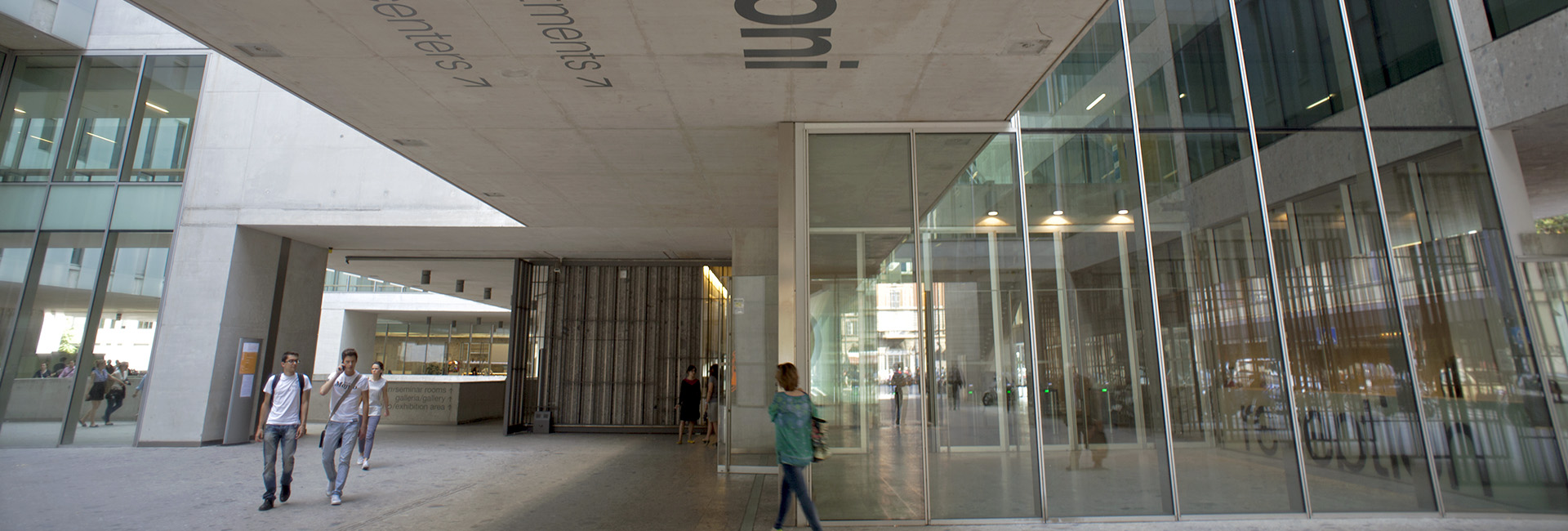50161 - LABOUR LAW - MODULE II (EUROPEAN SOCIAL LAW)
CLMG
Department of Law
Course taught in English
Go to class group/s: 31
Course Objectives
The Course is aimed at providing a general introduction on European Social Law in the different spheres of individual and collective labour issues, addressing, among others, the themes of Freedom of Movement of Workers, Protection against Discrimination, Precarious employment, Transfer of Undertakings and Employee Involvement in the Firm’ management.
During the Course, a focus is dedicated to some of the most relevant decisions by the European Court of Justice (ECJ).
During the Course, a focus is dedicated to some of the most relevant decisions by the European Court of Justice (ECJ).
Intended Learning Outcomes
Course Content Summary
The course is focused on selected objectives of the EU social policy and their relationship with the overall economic goals of the EU, with specific emphasis on the rationale and impact of EU social choices in the complex landscape of the global economic system.The introductory part of the course provides students with the necessary background to understand the reasons behind crucial steps undertaken by the European legislator in the social field, the common rules relating to the establishment of the internal market and the legal method used by the European Court of Justice to achieve European integration. The course is then covering core aspects of the EU social project with a critical assessment of their effect through selected case study.
Teaching methods
Assessment methods
Detailed Description of Assessment Methods
Written exam with open ended questions; class participation; individual assignments; group assignments.
Textbooks
- G. Thüsing, European Labour Law, C.J. Beck, 2013.
Attendants are supposed to read the teaching materials in advance as to actively contribute to class discussion.
Last change 15/06/2016 15:24





